
The Enchanting Shores of Lake Victoria
Lake Victoria, the world's largest tropical lake, is a mesmerizing destination in Kenya. It spans a vast area, offering visitors a serene escape with its calm waters and lush surroundings. As you arrive at Lake Victoria, you’ll be greeted by breathtaking views and the gentle lapping of waves against the shore. It’s a perfect spot for relaxation and adventure alike. One of the highlights of visiting Lake Victoria is the opportunity to explore its rich biodiversity. The lake is home to numerous species of fish, including the famous Nile perch. Bird watchers will also be thrilled with the variety of bird species that inhabit the area. The lake’s islands, such as Rusinga and Mfangano, are also worth exploring for their cultural heritage and natural beauty. For those interested in local culture, the communities around Lake Victoria offer a unique glimpse into traditional Kenyan life. You can visit local markets, watch traditional dances, and even take part in fishing activities with the locals. The hospitality of the people living by the lake makes the experience even more memorable. Whether you’re looking to unwind by the water, engage in water sports, or immerse yourself in local culture, Lake Victoria offers something for every traveler. Its scenic beauty and cultural richness make it a must-visit destination in Kenya.
Local tips in Lake Victoria
- Visit the lake during the dry season (June to September) for the best weather conditions.
- Bring binoculars for bird watching, as the area is home to many unique bird species.
- Consider hiring a local guide to explore the islands and learn about their cultural significance.
- Try the local fish dishes, especially the Nile perch, which is a delicacy in the region.
- Pack insect repellent to protect yourself from mosquitoes, especially in the evening.
The Enchanting Shores of Lake Victoria
Lake Victoria, the world's largest tropical lake, is a mesmerizing destination in Kenya. It spans a vast area, offering visitors a serene escape with its calm waters and lush surroundings. As you arrive at Lake Victoria, you’ll be greeted by breathtaking views and the gentle lapping of waves against the shore. It’s a perfect spot for relaxation and adventure alike. One of the highlights of visiting Lake Victoria is the opportunity to explore its rich biodiversity. The lake is home to numerous species of fish, including the famous Nile perch. Bird watchers will also be thrilled with the variety of bird species that inhabit the area. The lake’s islands, such as Rusinga and Mfangano, are also worth exploring for their cultural heritage and natural beauty. For those interested in local culture, the communities around Lake Victoria offer a unique glimpse into traditional Kenyan life. You can visit local markets, watch traditional dances, and even take part in fishing activities with the locals. The hospitality of the people living by the lake makes the experience even more memorable. Whether you’re looking to unwind by the water, engage in water sports, or immerse yourself in local culture, Lake Victoria offers something for every traveler. Its scenic beauty and cultural richness make it a must-visit destination in Kenya.
When is the best time to go to Lake Victoria?
Iconic landmarks you can’t miss
Tom Mboya Mausoleum
Explore the Tom Mboya Mausoleum in Mbita, a historical museum that honors one of Kenya's greatest leaders and reflects the rich heritage of the nation.
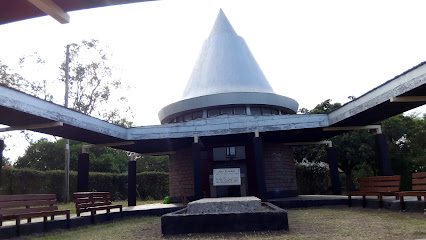
Thimlich Ohinga Historic Site
Explore the fascinating ruins of Thimlich Ohinga, a UNESCO World Heritage site, where history and nature intertwine in Kenya's stunning landscapes.
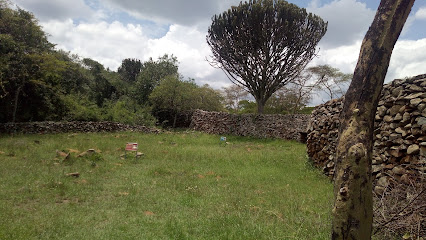
Lake Victoria beach
Explore the serene beauty of Lake Victoria Beach in Kisumu, a historical landmark offering relaxation, adventure, and cultural insights.
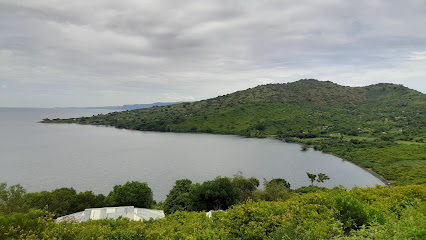
Cruise Lake Victoria
Discover the enchanting beauty of Lake Victoria with unforgettable boat tours and rentals in Kisumu, Kenya.
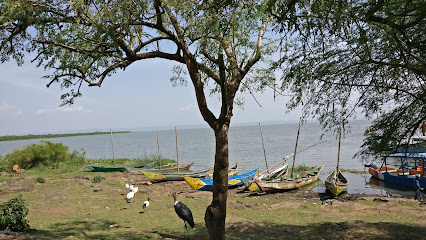
Lake Victoria Sanctuary
Explore the breathtaking beauty and rich biodiversity of Lake Victoria Sanctuary, a must-visit destination for nature enthusiasts and adventure seekers in Kenya.
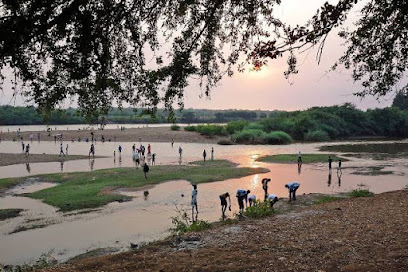
Lake Victoria, Rusinga Island Kenya
Explore Rusinga Island: A serene escape on Lake Victoria, rich in culture and natural beauty, perfect for adventure and relaxation.

Unmissable attractions to see
Dunga Beach
Discover the beauty of Dunga Beach on Lake Victoria, a perfect blend of relaxation, culture, and breathtaking views in Kisumu, Kenya.
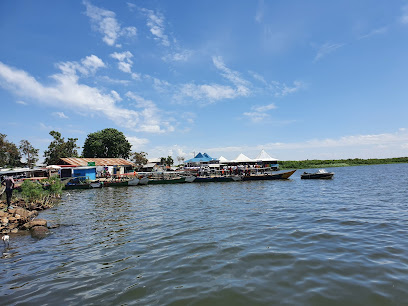
Kenya Wildlife Impala Park
Experience the beauty of nature and wildlife at Kenya Wildlife Impala Park, a prime destination for adventure and exploration in Kisumu, Kenya.
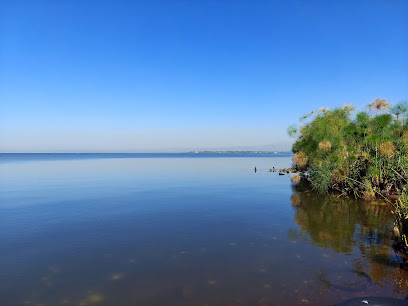
Kisumu Museum
Explore Kisumu Museum: A Gateway to Local Wildlife and Cultural Heritage in the Heart of Kisumu.
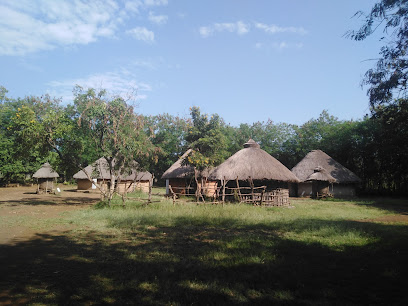
Hippo Point
Explore Hippo Point in Kisumu, where breathtaking lake views and thrilling boat tours combine for an unforgettable adventure in Kenya.
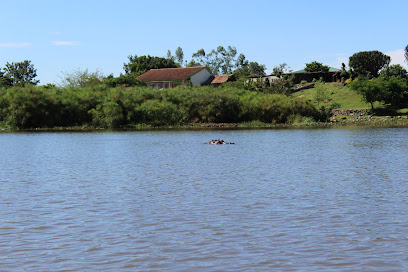
Bismarck Rock
Explore the breathtaking Bismarck Rock in Mwanza, Tanzania, where nature meets history on the shores of Lake Victoria.
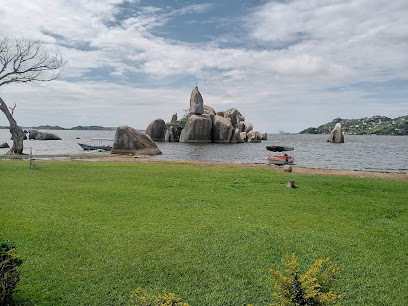
Ruma National Park
Discover Ruma National Park: A serene national park in Kenya, home to diverse wildlife and stunning landscapes, perfect for nature lovers and adventure seekers.
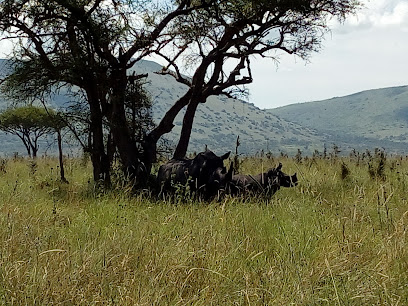
Tom Mboya Mausoleum
Explore the Tom Mboya Mausoleum, a monumental tribute to a Kenyan hero, offering a rich journey into the country's political history and heritage.
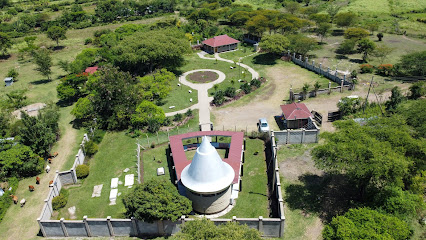
KWS-Kisumu Impala Sanctuary
Explore the rich biodiversity of Kisumu Impala Sanctuary, a wildlife retreat where nature and adventure await every traveler.
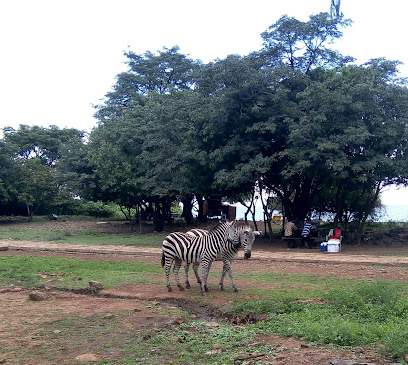
Usenge Beach
Experience the tranquility and beauty of Usenge Beach, where nature meets local culture along the shores of Lake Victoria.
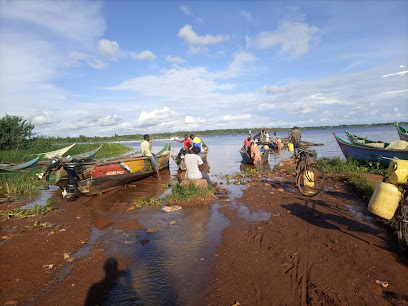
Thimlich Ohinga Historic Site
Explore the ancient stone ruins of Thimlich Ohinga, a UNESCO World Heritage Site blending history and stunning natural landscapes in Kenya.
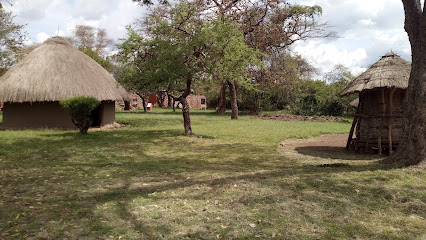
Rusinga Island Resort - Lake Victoria View
Experience the tranquility of Rusinga Island Resort, where luxury meets nature on the shores of Lake Victoria.
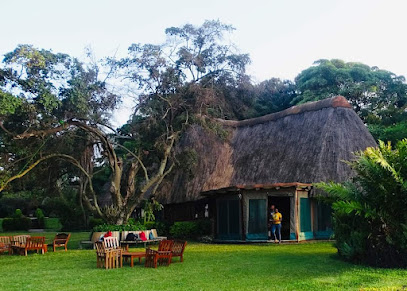
Lake Simbi Nyaima
Experience the tranquility of Lake Simbi Nyaima, a hidden natural gem in Western Kenya perfect for relaxation, bird watching, and cultural exploration.
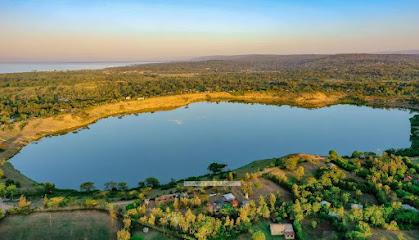
Mamba Village-Kisumu
Discover the captivating world of crocodiles and exotic wildlife at Mamba Village, Kisumu's premier animal park, perfect for families and nature lovers.
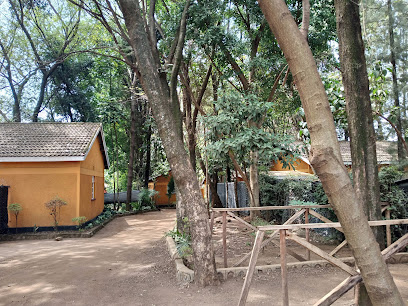
Lake Victoria beach
Discover the serene beauty of Lake Victoria Beach in Kisumu – a historical landmark with stunning views and vibrant local culture.
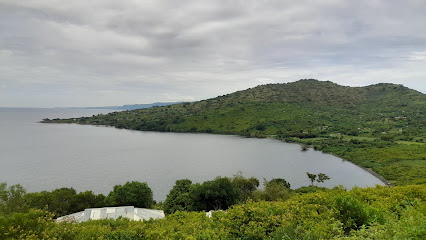
Takawiri
Experience the serene beauty and vibrant culture of Takawiri Island, a hidden gem in Lake Victoria perfect for relaxation and adventure.

Essential places to dine
Java House - West End Mall, Kisumu
Experience culinary delights at Java House in Kisumu's West End Mall - where local flavors meet international cuisine.
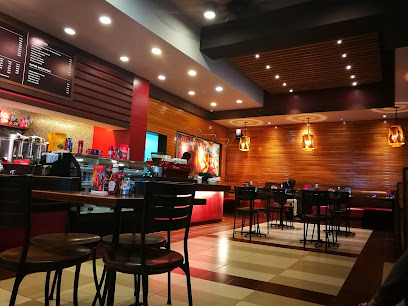
Java House
Experience the best of Kenyan cuisine at Java House in Naivasha – where flavor meets hospitality in an inviting setting.
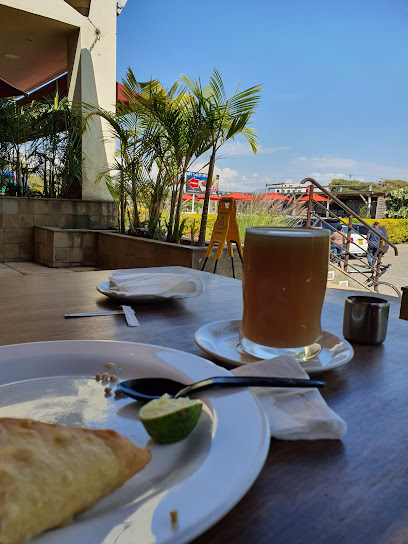
Trout Tree Restaurant
Discover exquisite dining amidst nature's beauty at Trout Tree Restaurant in Nanyuki, Kenya - where culinary delights meet breathtaking views.
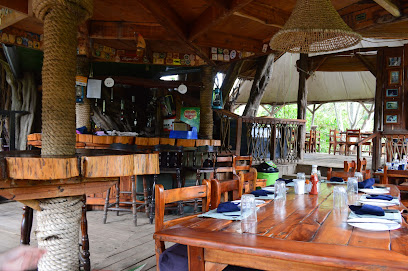
Lake Victoria Fish
Savor the authentic taste of fresh fish and crispy chips at Lake Victoria Fish - Nairobi's hidden gem for seafood lovers.

Victoria See Lodge
Experience breathtaking sunsets and exquisite local cuisine at Victoria See Lodge by Lake Victoria.
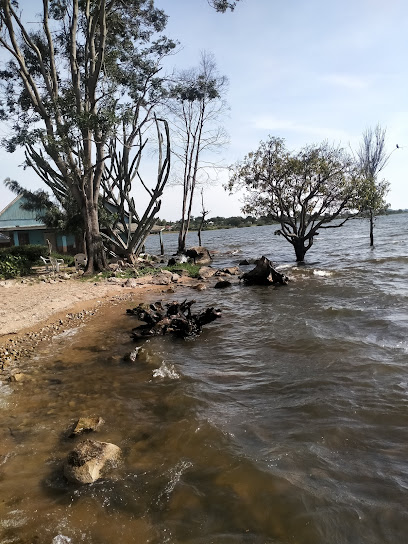
Lake View Restaurant
Experience exquisite dining at Lake View Restaurant with breathtaking views of Lake Victoria and delightful culinary creations.
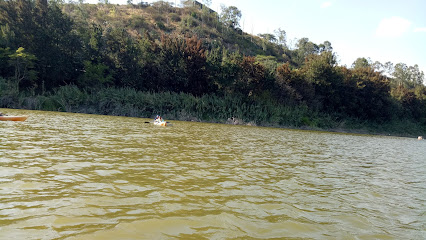
Quality Fish Packers
Discover Quality Fish Packers: A Culinary Gem in Makadara Celebrating Fresh Seafood and Local Flavors.
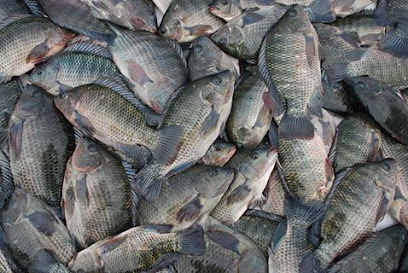
Lake Victoria Fish & Ugali
Experience the essence of Kenya at Lake Victoria Fish & Ugali—where fresh fish meets traditional ugali in a cozy atmosphere.

Lake Victoria fish cafe
Discover Lake Victoria Fish Cafe: A hidden gem offering fresh seafood delights amidst stunning lakeside views.
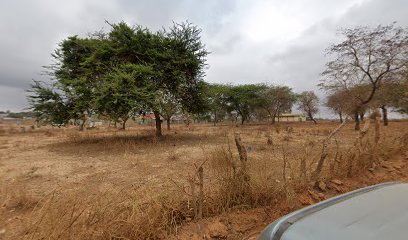
Kisses Restaurant
Experience culinary excellence at Kisses Restaurant by Lake Victoria in Kisumu - where flavors meet breathtaking views.
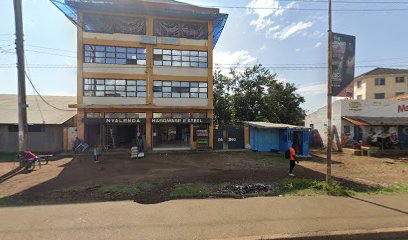
Super Lake Victoria
Discover authentic Kenyan cuisine at Super Lake Victoria – where every dish tells a story of flavor and tradition.

Markets, malls and hidden boutiques
The West End Shopping Mall
Discover a shopper's haven at The West End Shopping Mall in Kisumu, where diverse stores meet delightful dining and vibrant entertainment.
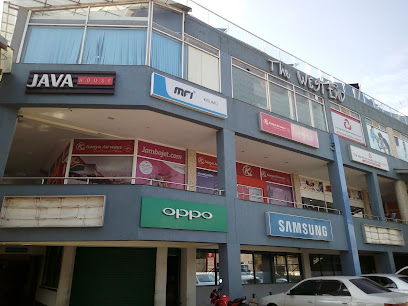
Mega City Mall
Discover shopping, dining, and entertainment at Mega City Mall in Kisumu, the ultimate destination for an unforgettable retail experience.
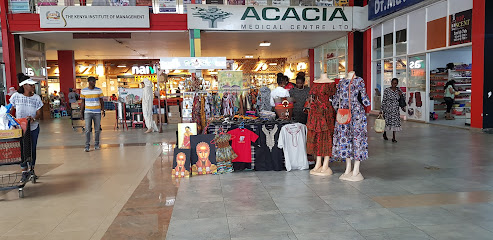
Lake Basin Mall Kisumu
Discover Lake Basin Mall in Kisumu: A shopping haven with diverse brands, delicious cuisine, and vibrant entertainment for an unforgettable experience.
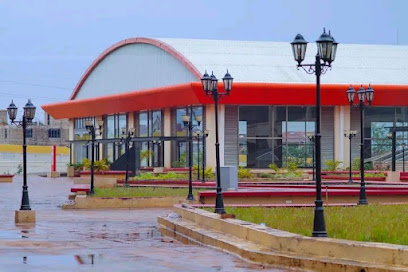
Daraja Mbili
Explore Daraja Mbili Shopping Mall in Kisumu – where shopping, dining, and entertainment blend into an unforgettable experience.
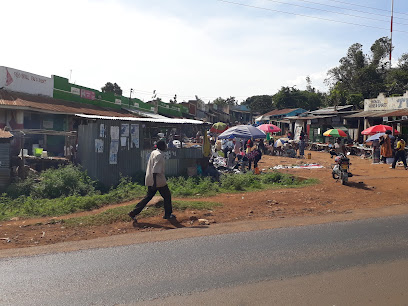
Port Victoria- Municipal Market
Discover the vibrant Port Victoria Municipal Market in Port Bunyala, where local culture, fresh produce, and unique crafts come together.
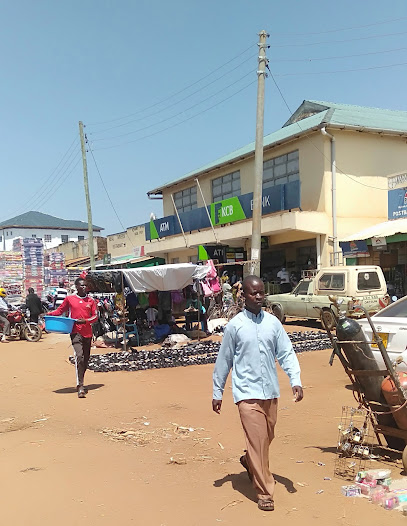
Milimani Shopping Centre
Discover shopping and dining delights at Milimani Shopping Centre, the heart of Kisumu’s vibrant retail scene, perfect for all tourists.
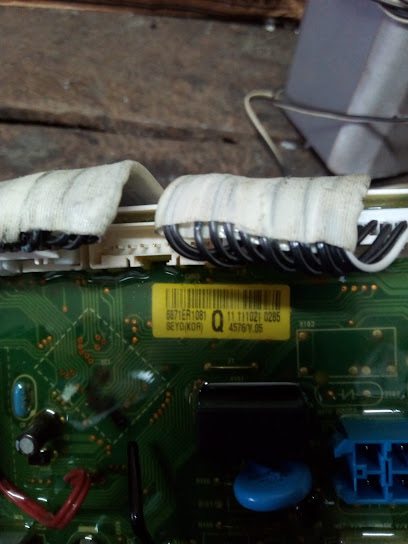
LBDA HQ
Discover a shopping paradise at LBDA HQ in Kisumu, where local culture meets modern retail experiences, perfect for every visitor.
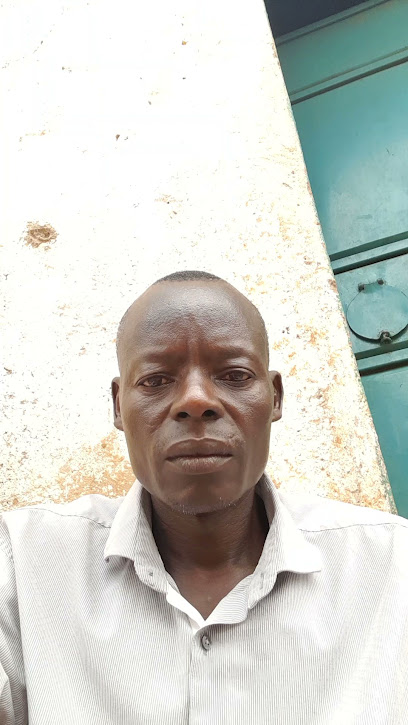
Reru Market
Discover the vibrant shopping scene and local flavors at Reru Market in East Reru, a perfect spot for tourists seeking an authentic experience.
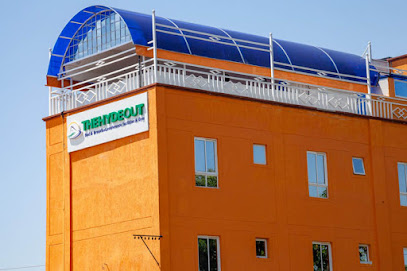
Kazuri gift shop
Discover unique handcrafted African gifts at Kazuri Gift Shop in Eldoret, perfect for souvenirs that embody culture and craftsmanship.
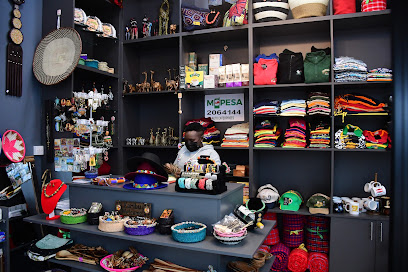
Sissano Exquisites
Explore Sissano Exquisites: A gift shop in Maragoli offering unique local handicrafts and souvenirs that embody the spirit of Kenya.
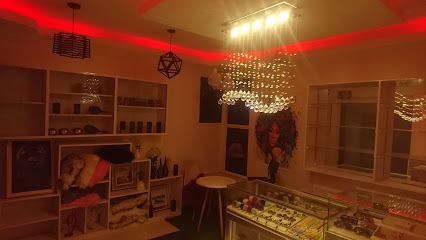
Sagrema foundation Community based organization
Explore the Sagrema Foundation on Mfangano Island: a non-profit organization dedicated to education, health, and environmental sustainability.
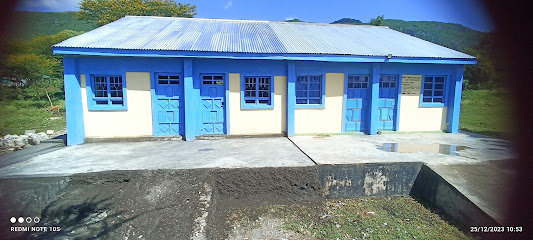
Aram Market
Explore the lively Aram Market, a local gem filled with fresh produce, unique crafts, and a taste of authentic community spirit in the heart of Kenya.
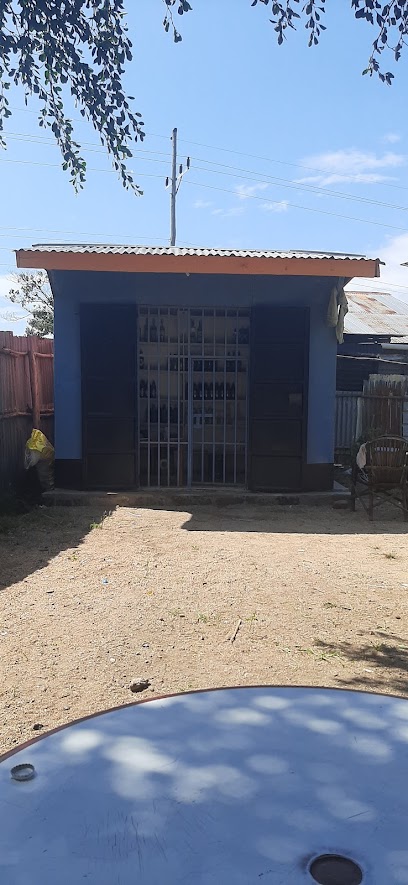
A To Z Ltd
Discover stylish clothing and accessories at A To Z Ltd, a premier fashion destination in Kisumu, offering a unique shopping experience for tourists.
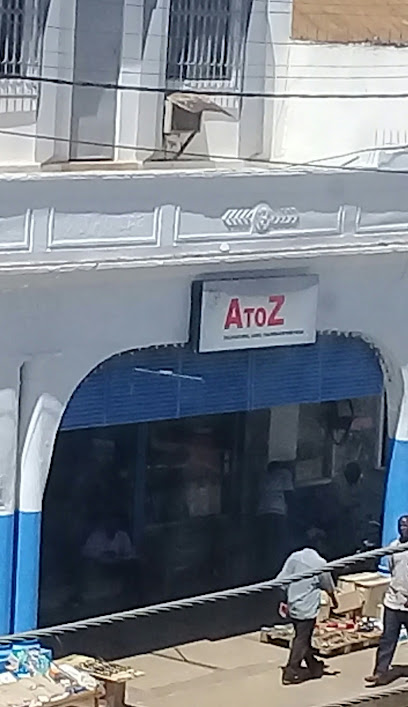
Victoria Shop
Experience the heart of Bondo at Victoria Shop, a general store filled with local flavors, unique crafts, and a warm community spirit.

LAKE VICTORIA FRESH FISH DEPOT
Explore the vibrant flavors of Lake Victoria at the Fresh Fish Depot in Homabay, where the freshest fish and local culinary traditions await.
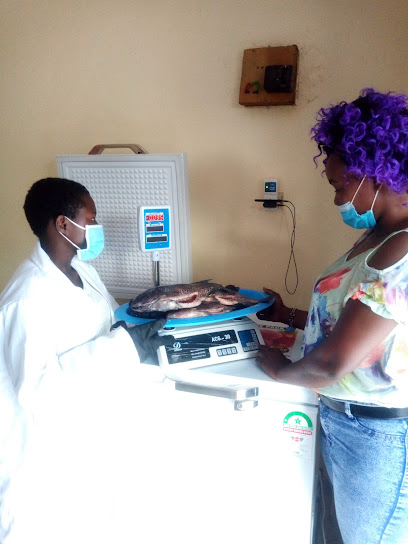
Essential bars & hidden hideouts
The Alchemist
Discover the vibrant atmosphere of The Alchemist, Nairobi's premier bar and event venue, offering delicious food, lively music, and unforgettable experiences.
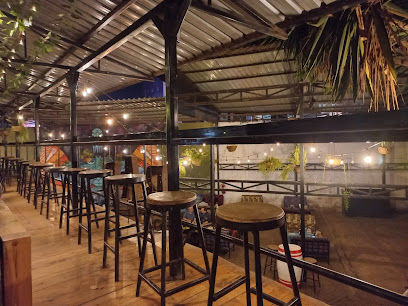
Dunga Hill Camp
Discover Dunga Hill Camp, a vibrant lakeside grill in Kisumu offering delicious cuisine, camping, and live music for an unforgettable experience.
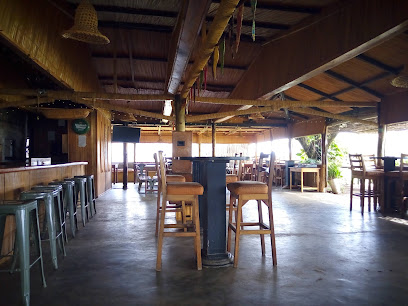
Brew Bistro and Lounge
Experience the unique fusion of craft beer and gourmet dining at Brew Bistro and Lounge in Nairobi's Piedmont Plaza.
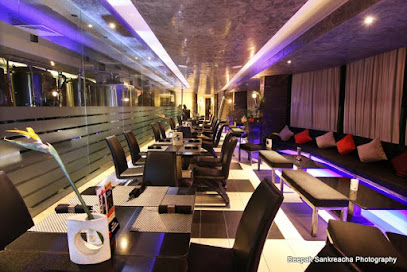
Milan
Experience the vibrant atmosphere of Milan, Nairobi's ultimate lounge destination for brunch and nightlife.
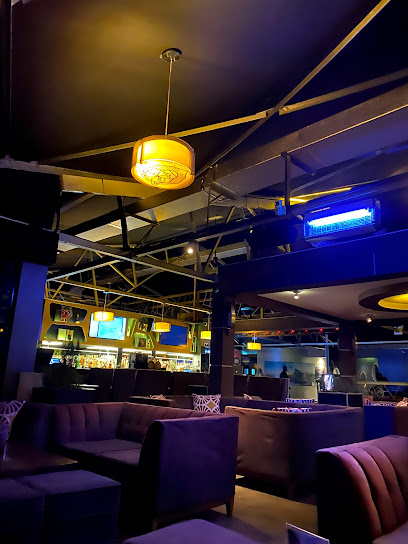
Ciala Resort - Best Hotel in Kisumu
Discover luxury and tranquility at Ciala Resort in Kisumu, a perfect escape for relaxation, dining, and exploring local culture.
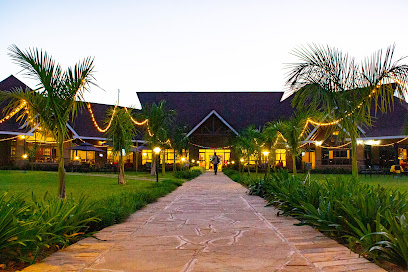
Java House - West End Mall, Kisumu
Experience the vibrant flavors of Kenya at Java House in Kisumu, your go-to restaurant for delicious meals and aromatic coffee.
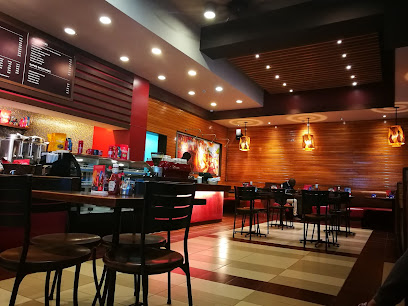
Bamboo Cask Lounge
Experience the vibrant flavors and lively atmosphere of Bamboo Cask Lounge, a culinary gem in the heart of Nairobi.
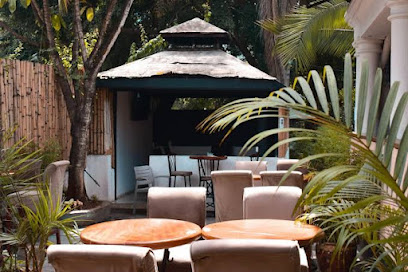
Le Pearl Hotel
Experience the rich flavors and welcoming ambiance of Le Pearl Hotel in Kisumu, where culinary excellence meets local charm.
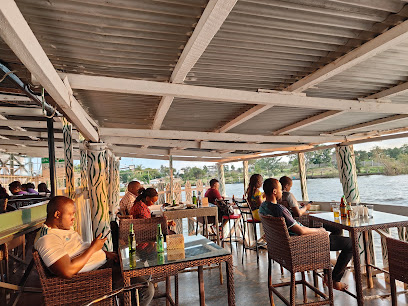
Sky Bar Westlands- ibis Styles Hotel Rooftop
Sky Bar Westlands offers stunning rooftop views, innovative cocktails, BBQ delights, and a lively atmosphere in the heart of Nairobi's nightlife.
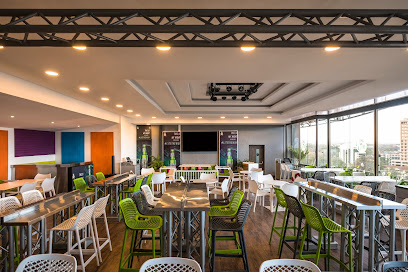
Havana Bar & Restaurant
Experience the vibrant atmosphere and delectable grilled cuisine at Havana Bar & Restaurant in the heart of Nairobi.
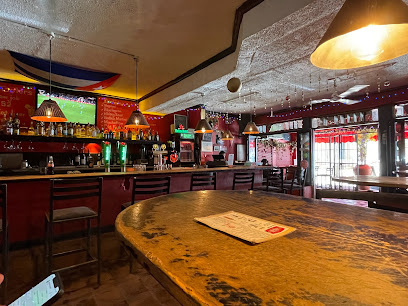
Sarabi Rooftop Restaurant
Experience Nairobi's skyline from Sarabi Rooftop Restaurant, where contemporary cuisine meets stunning city views in a vibrant atmosphere.
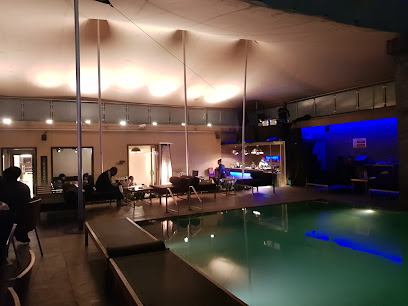
Da Bar
Experience the vibrant atmosphere of Da Bar in Kisumu, where great cocktails, karaoke, and friendly service come together for an unforgettable night out.
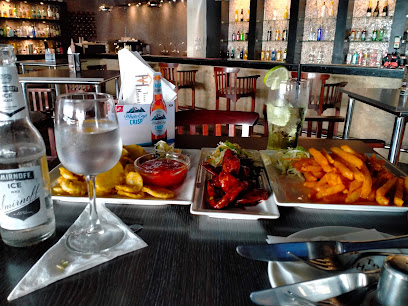
Locco Beach - Kisumu
Discover Locco Beach in Kisumu, a vibrant restaurant and bar on Lake Victoria offering delicious cuisine, breathtaking views, and a lively atmosphere.
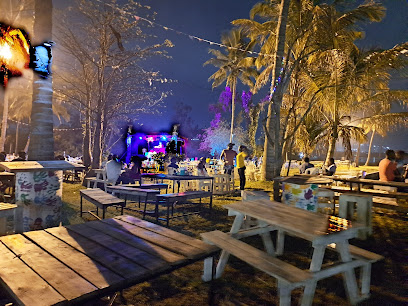
THE ATTIC ROOF TOP BAR WESTLANDS
Experience Nairobi's vibrant nightlife at The Attic Rooftop Bar, where stunning views meet crafted cocktails and a lively atmosphere.
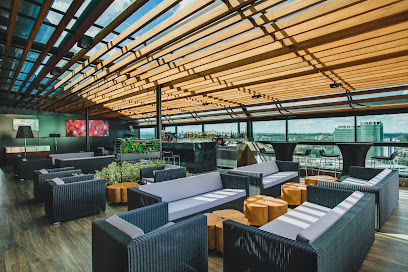
Local Phrases about Lake Victoria
-
- HelloJambo
[jahm-boh] - GoodbyeKwaheri
[kwah-heh-ree] - YesNdio
[nn-dee-oh] - NoHapana
[hah-pah-nah] - Please/You're welcomeTafadhali
[tah-fah-dhah-lee] - Thank youAsante
[ah-sahn-teh] - Excuse me/SorrySamahani
[sah-mah-hah-nee] - How are you?U hali gani?
[oo hah-lee gah-nee] - Fine. And you?Salama. Wewe?
[sah-lah-mah. weh-weh] - Do you speak English?Unasema Kiingereza?
[oo-nah-seh-mah kee-een-geh-reh-zah] - I don't understandSiwezi kuelewa
[see-weh-zee koo-eh-leh-wah]
- HelloJambo
-
- I'd like to see the menu, pleaseNataka kuona menyu, tafadhali
[nah-tah-kah koo-oh-nah meh-nyu, tah-fah-dhah-lee] - I don't eat meatSi kula nyama
[see koo-lah nyah-mah] - Cheers!Mambo!
[mahm-boh] - I would like to pay, pleaseNingependa kulipa, tafadhali
[nee-ngeh-pen-dah koo-lee-pah, tah-fah-dhah-lee]
- I'd like to see the menu, pleaseNataka kuona menyu, tafadhali
-
- Help!Msaada!
[msah-ah-dah] - Go away!Nenda zako!
[nen-dah zah-koh] - Call the Police!Piga simu polisi!
[pee-gah see-moo poh-lee-see] - Call a doctor!Piga simu daktari!
[pee-gah see-moo dahk-tah-ree] - I'm lostNimepotea
[nee-meh-poh-teh-ah] - I'm illMimi ni mgonjwa
[mee-mee nee m-gohn-jwah]
- Help!Msaada!
-
- I'd like to buy...Ningependa kununua...
[nee-ngeh-pen-dah koo-noo-nwah] - I'm just lookingNatazama tu
[nah-tah-zah-mah too] - How much is it?Bei ni ngapi?
[beh-ee nee ngah-pee] - That's too expensiveHilo ni ghali sana
[hee-loh nee gah-lee sah-nah] - Can you lower the price?Unaweza kupunguza bei?
[oo-nah-weh-zah koo-poon-goo-zah beh-ee]
- I'd like to buy...Ningependa kununua...
-
- What time is it?Ni saa ngapi?
[nee sah-ah ngah-pee] - It's one o'clockNi saa moja
[nee sah-ah moh-jah] - Half past (10)Nusu saa kumi
[noo-soo sah-ah koo-mee] - MorningAsubuhi
[ah-soo-boo-hee] - AfternoonMchana
[m-chah-nah] - EveningJioni
[joy-nee] - YesterdayJana
[jah-nah] - TodayLeo
[leh-oh] - TomorrowKesho
[keh-shoh] - 1Moja
[moh-jah] - 2Mbili
[m-bee-lee] - 3Tatu
[tah-too] - 4Nne
[n-neh] - 5Tano
[tah-noh] - 6Sita
[see-tah] - 7Saba
[sah-bah] - 8Nane
[nah-neh] - 9Tisa
[tee-sah] - 10Kumi
[koo-mee]
- What time is it?Ni saa ngapi?
-
- Where's a/the...?Iko wapi...?
[ee-koh wah-pee] - What's the address?Anuani ni ipi?
[ah-noo-ah-nee nee ee-pee] - Can you show me (on the map)?Unaweza kunionyesha (kwenye ramani)?
[oo-nah-weh-zah koo-nee-oh-nyeh-shah kweh-neh rah-mah-nee] - When's the next (bus)?Bas ijayo ni saa ngapi?
[bahs ee-jah-yoh nee sah-ah ngah-pee] - A ticket (to ....)Tiketi (kwenda ....)
[tee-keh-tee kwehn-dah]
- Where's a/the...?Iko wapi...?
History of Lake Victoria
-
The area around Lake Victoria has been inhabited for thousands of years. Early human settlements were established by the Bantu-speaking communities who migrated to the region. These early inhabitants engaged in fishing, farming, and ironworking, contributing to the development of complex societies long before European exploration.
-
In the mid-19th century, European explorers began to take an interest in Lake Victoria. The most notable of these explorers was John Hanning Speke, who in 1858, became the first European to reach the lake. Speke's expedition was significant as it established Lake Victoria as the source of the Nile, a long-sought geographical mystery.
-
During the late 19th and early 20th centuries, the region around Lake Victoria came under British colonial rule. The British established administrative centers and infrastructure, including the construction of railways and ports that facilitated the growth of trade and transportation. This period also saw the introduction of cash crops such as coffee and tea, transforming the local economy.
-
The Luo people, one of the principal ethnic groups in the Lake Victoria region, have a deep cultural and spiritual connection to the lake. Fishing is a central aspect of Luo livelihood, and the lake features prominently in their folklore, rituals, and traditions. The Luo have a rich oral history that includes tales of migration, heroism, and the supernatural.
-
In recent decades, Lake Victoria has faced significant environmental challenges, including pollution, invasive species such as the Nile perch, and overfishing. These issues have prompted various conservation efforts aimed at restoring the lake's ecological balance. Initiatives include sustainable fishing practices, pollution control measures, and programs to combat invasive species.
-
Today, Lake Victoria is a vital resource for the communities around it and a popular destination for tourists. The lake offers opportunities for boating, fishing, bird watching, and cultural tours. The vibrant towns and cities along its shores, such as Kisumu, provide a glimpse into the contemporary lifestyle and ongoing cultural traditions of the region's inhabitants.
Lake Victoria Essentials
-
Lake Victoria in Kenya can be accessed via Kisumu, the largest city on the Kenyan shores of the lake. The nearest airport is Kisumu International Airport, which has flights connecting from Nairobi's Jomo Kenyatta International Airport as well as other regional airports. From Nairobi, you can also take a bus or drive to Kisumu, which typically takes around 6-7 hours by road.
-
Within Kisumu and the Lake Victoria region, you can use a combination of local taxis, boda-bodas (motorbike taxis), and matatus (minibuses) for transportation. For more flexibility, you might consider renting a car. Boat rides are also available for exploring the lake itself, and can be arranged through local tour operators or hotels.
-
The official currency in Kenya is the Kenyan Shilling (KES). Credit cards are accepted at most hotels, restaurants, and larger shops in Kisumu, but it's advisable to carry cash for smaller establishments and more rural areas. ATMs are widely available in Kisumu, and currency exchange services can be found at the airport, banks, and some hotels.
-
While Kisumu and the Lake Victoria region are generally safe for tourists, it is important to take standard precautions. Avoid walking alone at night, especially in isolated areas. Some neighborhoods in Kisumu, such as Nyalenda and Obunga, have higher crime rates and should be avoided after dark. Always keep an eye on your belongings in crowded places and avoid displaying expensive items.
-
In case of an emergency, dial 999 for immediate assistance. Kisumu has several hospitals, including Jaramogi Oginga Odinga Teaching and Referral Hospital, which can handle medical emergencies. It is advisable to have travel insurance that covers medical emergencies. For minor health issues, there are numerous pharmacies in Kisumu where you can purchase over-the-counter medications.
-
Fashion: Do dress modestly. Lightweight clothing is recommended due to the warm climate, but avoid very revealing attire. Religion: Do respect local religious customs and traditions. When visiting churches or mosques, dress conservatively and remove your shoes before entering. Public Transport: Do be respectful and considerate. Matatus can be crowded, so ensure you keep your belongings close. Greetings: Do greet people with a handshake and a smile. It is polite to ask about someone's well-being before diving into business matters. Eating & Drinking: Do try local dishes and beverages, but avoid drinking tap water. Stick to bottled water or boiled water.
-
To experience Lake Victoria like a local, visit the Dunga Beach where you can buy fresh fish and interact with local fishermen. Take a walk through the Kisumu Impala Sanctuary for a chance to see wildlife. Engage with the local community; they are often welcoming and willing to share insights about their culture and daily life. Don't miss out on visiting the Kisumu Museum to learn more about the region's history and heritage. For a unique experience, take a sunset boat ride on the lake.
Nearby Cities to Lake Victoria
-
Things To Do in Entebbe
-
Things To Do in Kampala
-
Things To Do in Kisumu
-
Things To Do in Bukoba
-
Things To Do in Masaka
-
Things To Do in Mwanza
-
Things To Do in Mbale
-
Things To Do in Eldoret
-
Things To Do in Kitale
-
Things To Do in Nakuru
-
Things To Do in Mbarara
-
Things To Do in Naivasha
-
Things To Do in Lira
-
Things To Do in Nyagatare
-
Things To Do in Nairobi










